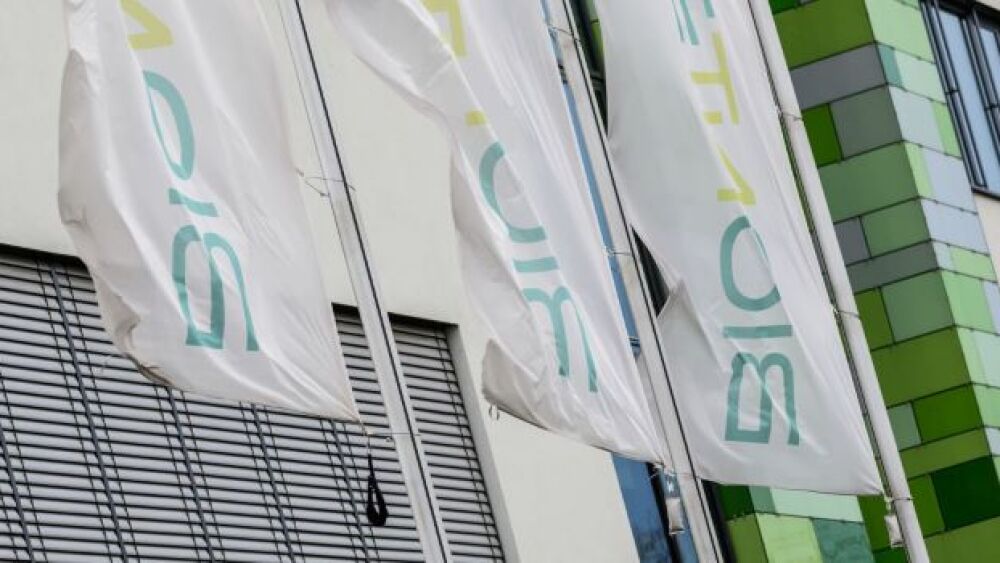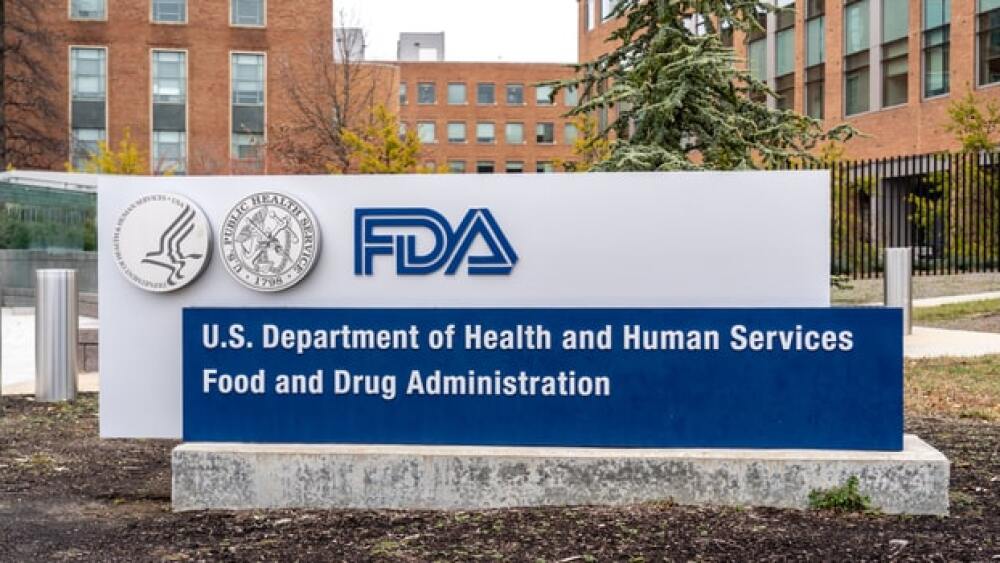BioNTech continues to build on the success of its mRNA COVID-19 vaccine and is rapidly expanding its investigational pipeline to include infectious diseases and oncology.
Courtesy of Andreas Arnold/Getty Images
BioNTech continues to build on the success of its mRNA COVID-19 vaccine co-developed with Pfizer, rapidly expanding its investigational pipeline to include additional infectious diseases and oncology with a first-in-class CAR-T program in solid tumors.
BioNTech co-founder and CEO Ugur Sahin said the Germany-based company is well-positioned for long-term growth. During a quarterly financial report call on Monday, Sahin noted that the company continues to execute its strategy across infectious disease and oncology.
Driven by the sales of its COVID-19 vaccine, BioNTech generated €6.4 billion (about $6.75 billion). That was a significant increase over this same period in 2021, when the company saw €2.05 billion (about $2.16 billion). The difference is primarily due to the success of the company’s COVID-19 vaccine sales.
In the first quarter of this year, BioNTech invoiced approximately 750 million doses of the COVID-19 vaccine. More than 3.4 billion doses of the vaccine have been delivered across the globe. By the end of 2022, the company is on track to deliver more than two billion doses of COVID-19 vaccine to low- and middle-income countries by the end of 2022.
The success of the vaccine sales, which in the U.S. has been bolstered by an expansion of the Emergency Use Authorization to include a fourth booster shot, keeps the company in line with predicted 2022 vaccine revenue guidance of €13 billion to €17 billion. Jens Holstein, BioNTech’s chief financial officer, said the “notable financial performance” has saved millions of lives from COVID-19 and has also allowed BioNTech to invest heavily in research and development to drive continued innovation and growth.
With a sure financial footing, Sahin stated that BioNTech is positioned to “bring the next generation of immunotherapy to patients.” He also said BioNTech is becoming a “21st-century immunotherapy powerhouse” that is anchored to the company’s strong sense of global responsibility, which includes the company’s turnkey mRNA manufacturing program dubbed “BioNTainer,” which was deployed in Africa earlier this year to enable scalable mRNA vaccine production in bulk. The company aims to bring multiple infectious disease and oncology products to market over the next five to 10 years.
BioNTech has 16 programs in 20 clinical trials in oncology, with five ongoing randomized Phase II studies. In infectious diseases beyond COVID-19, the company has one Phase I program with influenza and more than 10 preclinical programs covering a range of infectious diseases that impact lower income countries, including malaria, shingles, tuberculosis and herpes simplex virus type 2.
In oncology, BioNTech has multiple clinical-stage assets across different therapeutic classes. The company is harnessing different approaches to oncology. This includes the use of mRNA therapeutic vaccines, CAR-T immunotherapies, cell therapies, individualized neoantigen specific immunotherapies, RiboMabs, next-generation checkpoint immunomodulators, anti-tumor antibodies and small molecules.
The company’s investigational CAR-T cell therapy candidate BNT211 continues to show encouraging clinical data. BNT211 targets CLDN6-positive solid tumors in combination with a CAR-T cell-amplifying RNA-vaccine dubbed CARVac, which encodes for CLDN6. BNT211 is designed to overcome CAR-T cell therapy limitations in patients with solid tumors.
BioNTech presented preliminary Phase I/II data at the American Association for Cancer Research annual meeting that included data from 16 solid tumor patients who received CLDN6 CAR-T cells at two dose levels alone or combined with CARVac. The data presented at AACR showed encouraging signs of clinical activity with a disease control rate of 86% and an overall response rate of 43%.
In addition to the CAR-T program, BioNTech has two Phase II oncology programs studying FixVac, an off-the-shelf cancer immunotherapy approach, which includes one candidate in partnership with Regeneron. That study is assessing the FixVac asset BNT111 in PD1 inhibitor refractory/relapsed melanoma. The program is combining BNT116 and Libtayo as a potential treatment for advanced non-small-cell lung cancer (NSCLC). The other FixVac program is being studied in HPV16+ PDL1+ head and neck cancer.
BioNTech is also advancing two indications with the iNeST product candidate autogene cevumeran, which is being developed in collaboration with Genentech, a partnership forged in 2016. A Phase II study is being conducted for the adjuvant treatment of circulating tumor DNA positive, surgically resected Stage II/Stage III colorectal cancer. BioNTech is also conducting a Phase II study assessing its bispecific antibody checkpoint immunomodulator BNT311.





